Reykjavik, Iceland-based Kerecis, a company that develops products for cellular therapy, tissue regeneration and protection, from fish skin and fatty acids, announced on Monday that it has raised $100M (approximately €97.35M) in a Series D round of funding. The company is now valued at $620M.
The investment was led by KIRKBI, the family holding and investment company behind the LEGO Group. Existing investors, including Silicon Valley’s Emerson Collective and the Icelandic pension funds BRU and LSV, also participated in the round. The funds also include the conversion of existing convertible debt to equity, and new and extended debt facilities.
Niklas Sjoblom of KIRKBI says, “Kerecis is a highly innovative company that has built a business transforming waste material into unique medical products. We are particularly inspired by the company’s approach to sustainability, as we are responsible investors and owners. We are excited to support its continued growth and strategic objectives to improve patient outcomes.”
Transaction Overview
A first-time investor in Kerecis, KIRKBI invested $40M in cash in exchange for newly issued Kerecis shares. Co-investors contributed an additional $20M in cash for newly issued shares.
Current convertible promissory notes worth $10M was converted into equity, while Silicon Valley Bank provided an extension and increased the company’s existing revolving credit facility to $30M.
Capital utilisation
Kerecis says the funds will help accelerate the growth and development of its patented medical-fish-skin products sourced from sustainable fishing grounds near the Arctic Circle.
Founder and CEO of Kerecis, Fertram Sigurjonsson, says, “This funding and new partnership with KIRKBI is a great step forward for Kerecis, and we are truly motivated by the investment KIRKBI and the other participants are making.”
“As we continue to grow, we will be able to help thousands more patients around the world with our sustainably sourced products. It is our mission to become the world leader in tissue regeneration by sustainably harnessing nature’s own remedies,” adds Sigurjonsson.
Here’s what Kerecis offers
Founded in 2009, Kerecis creates products using fatty acids from fish skin for cellular therapy, tissue regeneration, and defence. The patented substance recruits the body’s own cells and eventually transforms into living tissue when grafted onto or implanted into injured human tissues.
The skin of the Kerecis fish is only lightly processed and keeps its resemblance to human tissue because there is little risk of disease transmission between cold-water fish and humans. This technique keeps the skin’s original three-dimensional structure and maintains its molecules, strength, and complexity (such as fatty acids). Kerecis claims that its products heal wounds faster than competing products.
The company’s products include MariGen, sold to private offices and wound centres to treat diabetic and other chronic wounds; GraftGuide, mostly sold to burn centres; and SurgiBind/SurgiClose, used for reconstructive surgery in operating rooms.
Kerecis says it is committed to the United Nations Sustainable Development Goals. The fish skin used in Kerecis products is derived from wild and sustainable fish stock caught in Icelandic waters and processed with 100 per cent renewable energy in the town of Isafjordur, close to the Arctic Circle.
According to the company, its year-over-year growth in recent years has witnessed its revenues doubling annually. The company’s revenue in 2021 was $35M, and it is expected to more than double this year.



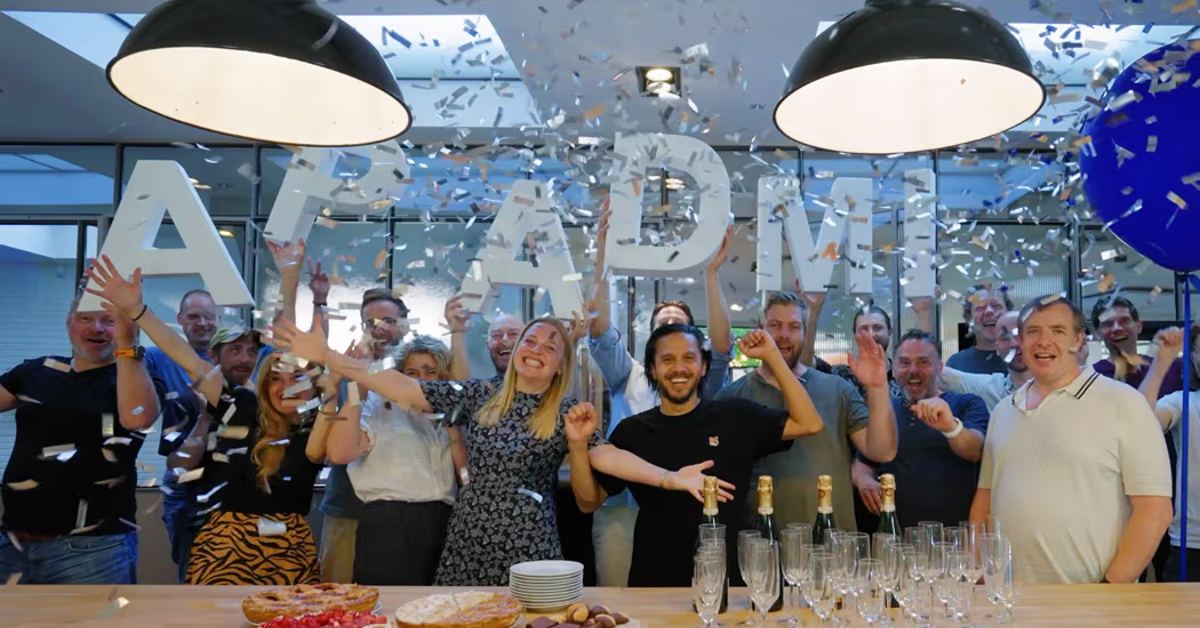
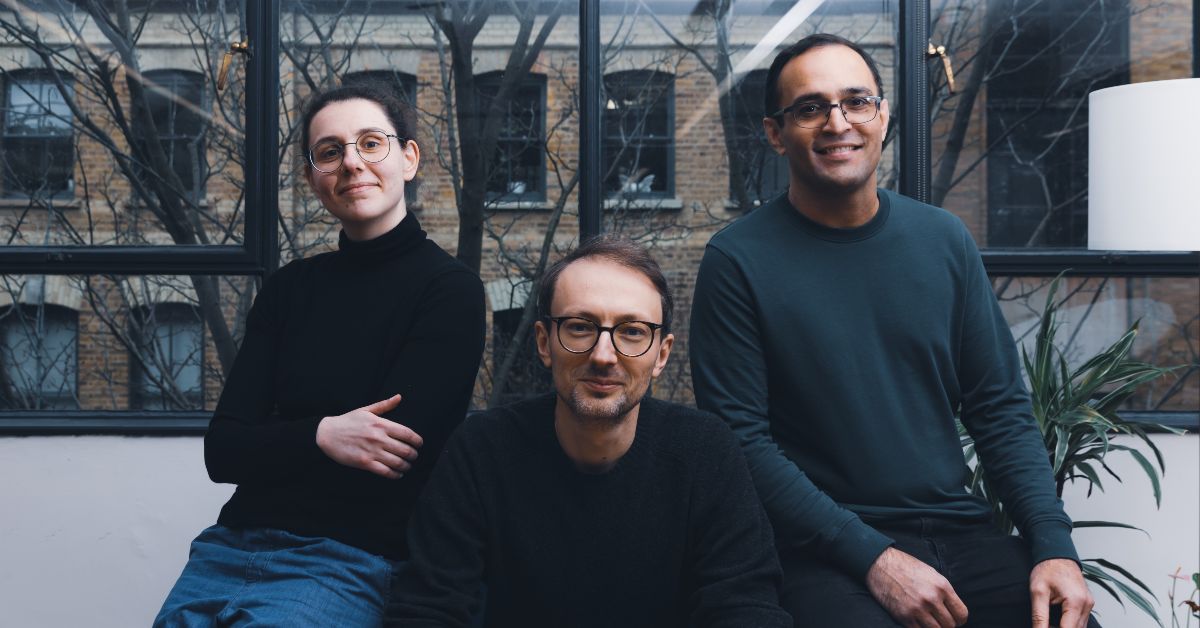
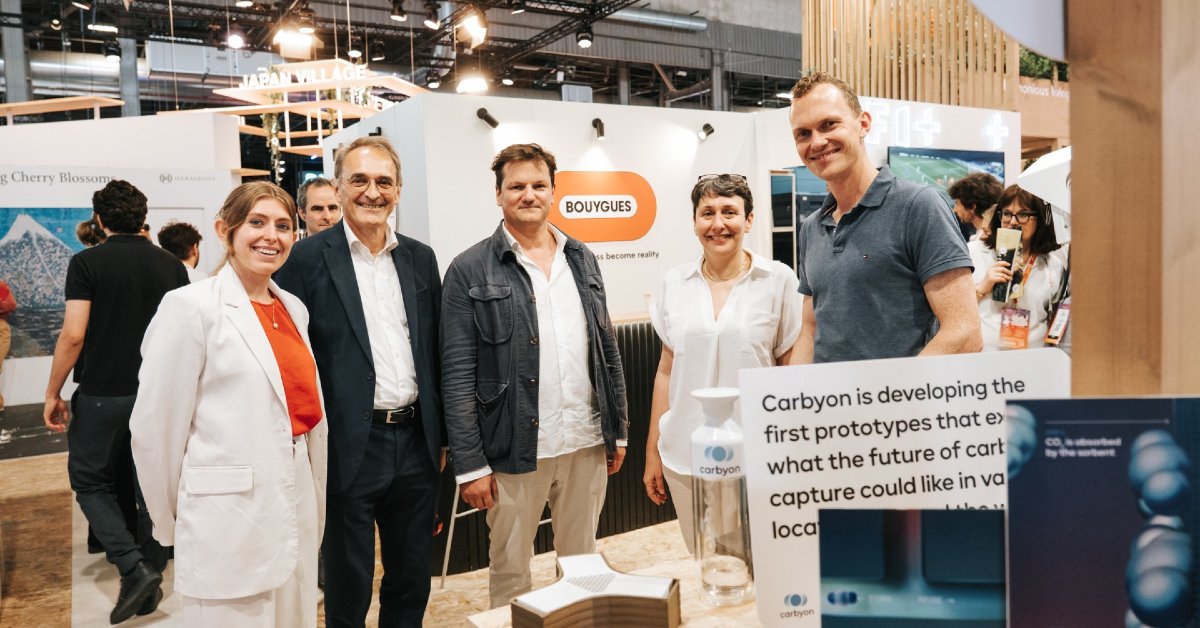
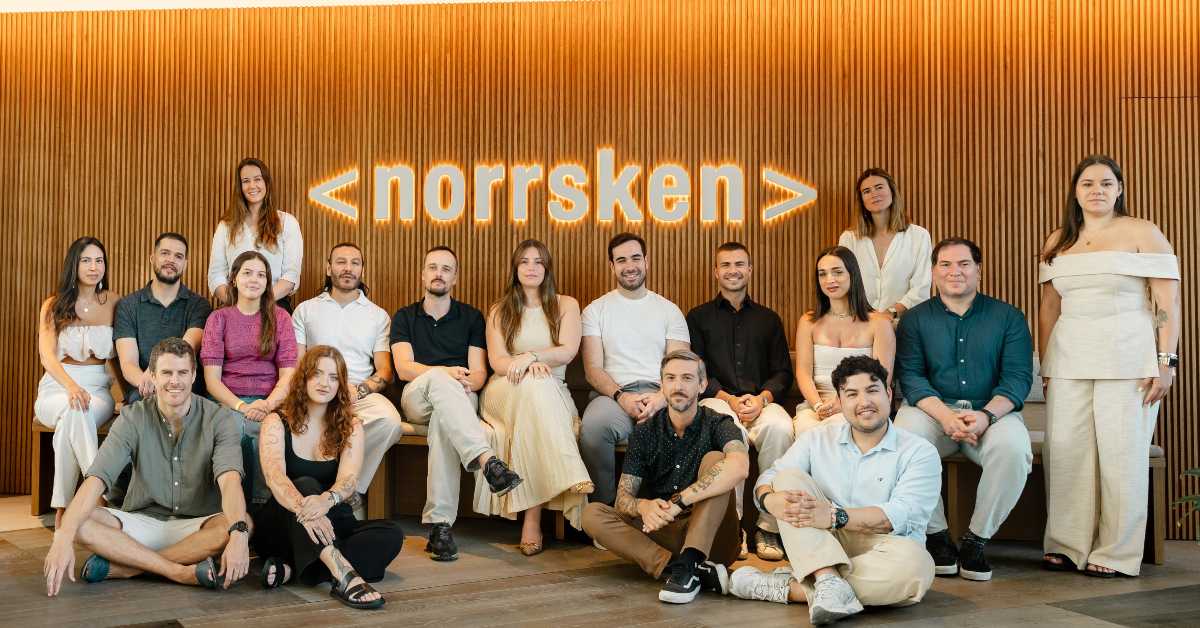
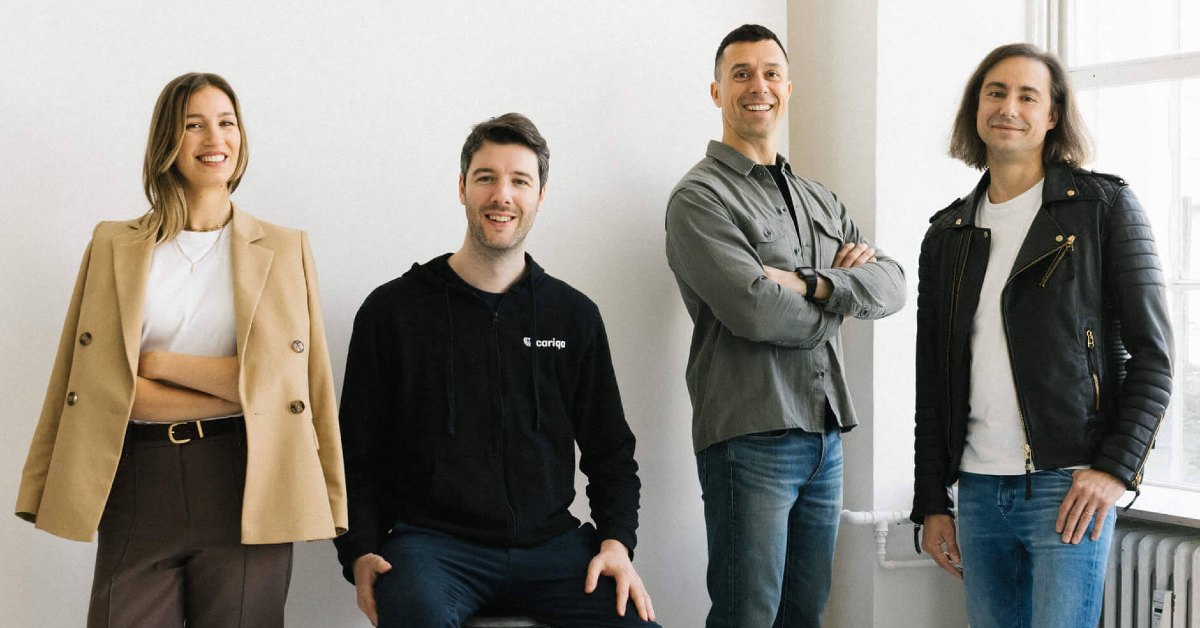
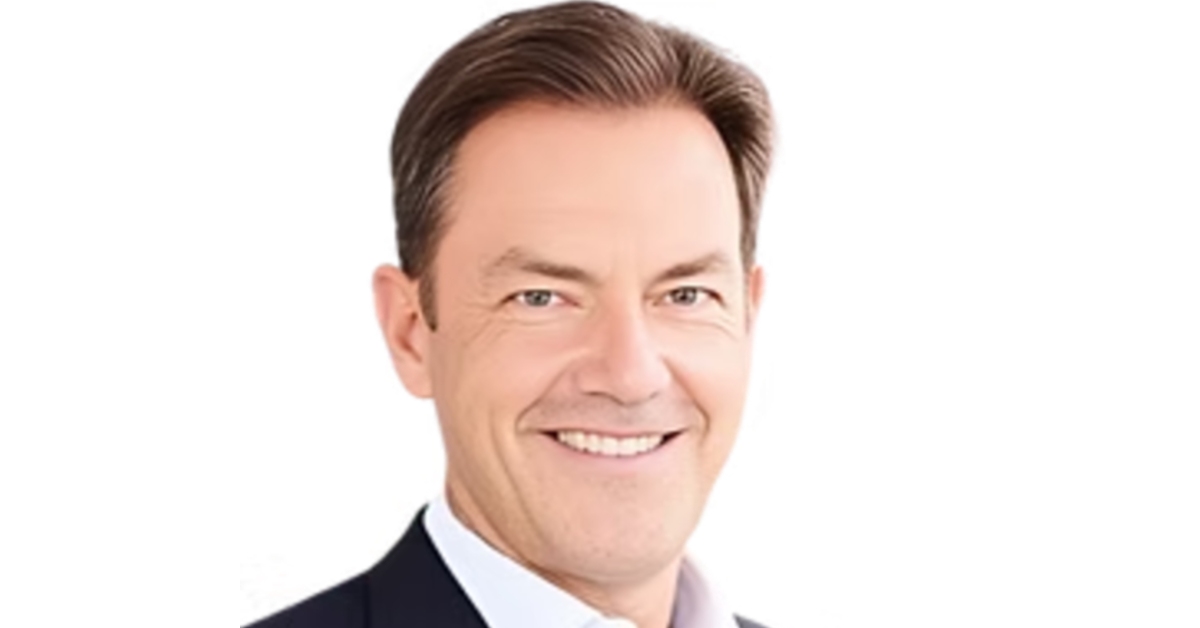

01
From telecom veteran to Dutch Startup Visa success: The Jignesh Dave story